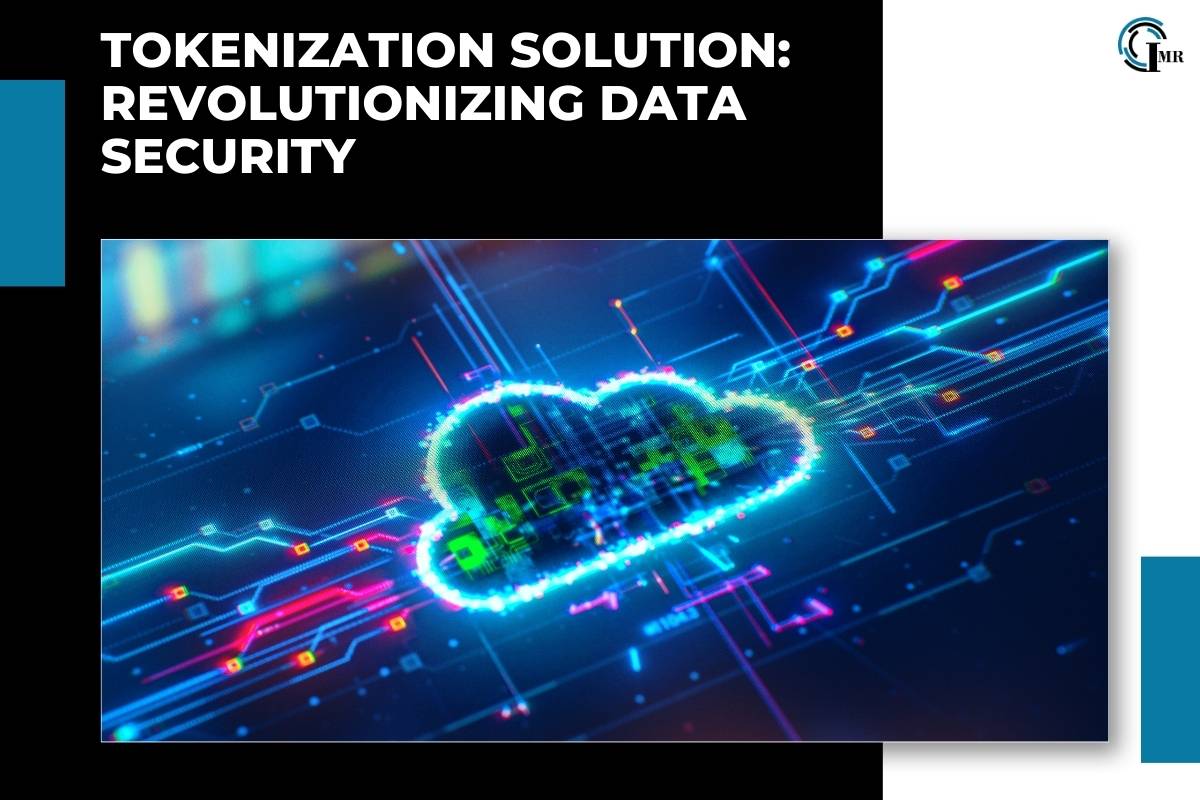Tokenization Solution: Revolutionizing Data Security

In the digital age, tokenization solutions and the proliferation of data has led to unprecedented advancements in technology and business processes. However, with this data surge comes an equally significant challenge: ensuring data security. One of the most effective strategies to protect sensitive information is through tokenization. Tokenization is a process that replaces sensitive data with unique identification symbols, or tokens, that retain the essential information without compromising security. This article delves into the mechanics, benefits, and applications of tokenization solution, illustrating why it has become a cornerstone of modern data security strategies.
Understanding Tokenization Solution
Tokenization is a method of protecting sensitive data by substituting it with a non-sensitive equivalent, known as a token. This token has no exploitable value and cannot be reversed back to the original data without access to a secure tokenization system. Unlike encryption, which transforms data into a coded format that can be decrypted with the correct key, tokenization replaces the data entirely, rendering it useless if intercepted.
Tokenization Solution can be used to represent sensitive information such as credit card numbers, Social Security numbers, or any personally identifiable information (PII). For example, in a financial transaction, a token might replace a credit card number. The token holds no intrinsic value and cannot be used outside the specific transaction or system for which it was generated.
The Mechanics of Tokenization
The process of tokenization involves several key steps:
Data Identification: Sensitive data that needs protection is identified. This could be payment card information, health records, personal identification numbers, etc.
Token Generation: For each piece of sensitive data, a unique Tokenization Solutiontoken is generated. This token is typically a random string of characters that has no meaningful value or relation to the original data.
Data Storage: The original sensitive data is securely stored in a centralized token vault, which is a highly protected database that only authorized systems can access.

Data Usage: Tokens are used in place of sensitive data during transactions or data processing activities. Since the tokens are meaningless outside the context of the system, they protect the original data from unauthorized access.
Benefits of Tokenization
Tokenization offers numerous advantages that make it an attractive solution for data security:
Enhanced Security: By replacing sensitive data with tokens that have no exploitable value, the risk of data breaches is significantly reduced. Even if tokens are intercepted, they cannot be used maliciously.
Compliance with Regulations: Tokenization Solution helps organizations comply with stringent data protection regulations such as the General Data Protection Regulation (GDPR), the Payment Card Industry Data Security Standard (PCI DSS), and the Health Insurance Portability and Accountability Act (HIPAA). By minimizing the storage and transmission of sensitive data, tokenization reduces the scope of compliance.
Reduced Risk: In the event of a data breach, the exposure of sensitive information is minimized. Since the tokens are meaningless outside the tokenization system, the impact of a breach is considerably lessened.
Operational Efficiency: Tokenization allows businesses to process transactions and manage data without exposing sensitive information. This not only streamlines operations but also reduces the need for extensive security measures around data storage and transmission.
Flexibility and Scalability: Tokenization solutions can be integrated into existing systems with minimal disruption. They can also scale with the growing needs of the business, providing a robust security solution that evolves with technological advancements.
Applications of Tokenization
Tokenization Solution is employed across various industries and use cases to safeguard sensitive data. Here are some notable applications:
Financial Services: In the financial sector, tokenization is widely used to protect payment card information. When a customer makes a purchase, their card details are replaced with a token, which is used to process the transaction. This reduces the risk of card fraud and ensures compliance with PCI DSS.
Healthcare: Healthcare organizations use tokenization to protect patient records and comply with HIPAA regulations. Sensitive health information is tokenized to prevent unauthorized access while allowing healthcare providers to access necessary data for treatment and billing.

Retail: Retailers implement tokenization to secure point-of-sale (POS) transactions. When a customer swipes their card at a POS terminal, the card information is tokenized, reducing the risk of data theft and fraud.
Telecommunications: The telecommunications industry uses tokenization to protect customer data, such as phone numbers and billing information. This ensures that sensitive information is not exposed during data transmission and storage.
Government: Government agencies employ tokenization to secure citizen data, including Social Security numbers, tax records, and other personal information. This helps protect against identity theft and unauthorized access to sensitive government records.
Tokenization vs. Encryption
While both tokenization and encryption are used to protect data, they differ in their approaches and applications. Encryption transforms data into a coded format that can be decrypted with the correct key. This means that if an attacker obtains the key, they can access the original data. Tokenization, on the other hand, replaces the data entirely with a token that has no meaningful value.
Encryption is suitable for securing data in transit and at rest, but it requires careful key management and can be vulnerable to decryption if the keys are compromised. Tokenization is ideal for reducing the scope of sensitive data that needs protection, especially in systems where data does not need to be processed in its original form.
Challenges of Tokenization
Despite its advantages, tokenization is not without challenges:
Integration Complexity: Implementing a tokenization solution requires integrating it with existing systems and processes. This can be complex and time-consuming, particularly for large organizations with legacy systems.

Performance Impact: Tokenization can introduce latency in data processing, as tokens need to be mapped to the original data for certain operations. Optimizing performance while maintaining security can be a challenge.
Cost: Deploying and maintaining a tokenization solution can be costly, especially for small and medium-sized businesses. However, the cost is often justified by the enhanced security and reduced risk of data breaches.
Conclusion
Tokenization Solution represents a powerful and effective solution for protecting sensitive data in an increasingly digital world. By replacing valuable data with meaningless tokens, organizations can mitigate the risk of data breaches, comply with regulatory requirements, and streamline operations. Despite the challenges associated with implementation and maintenance, the benefits of tokenization make it a vital component of any robust data security strategy. As data continues to grow in volume and value, tokenization will play an essential role in safeguarding the information that powers modern business and technology.